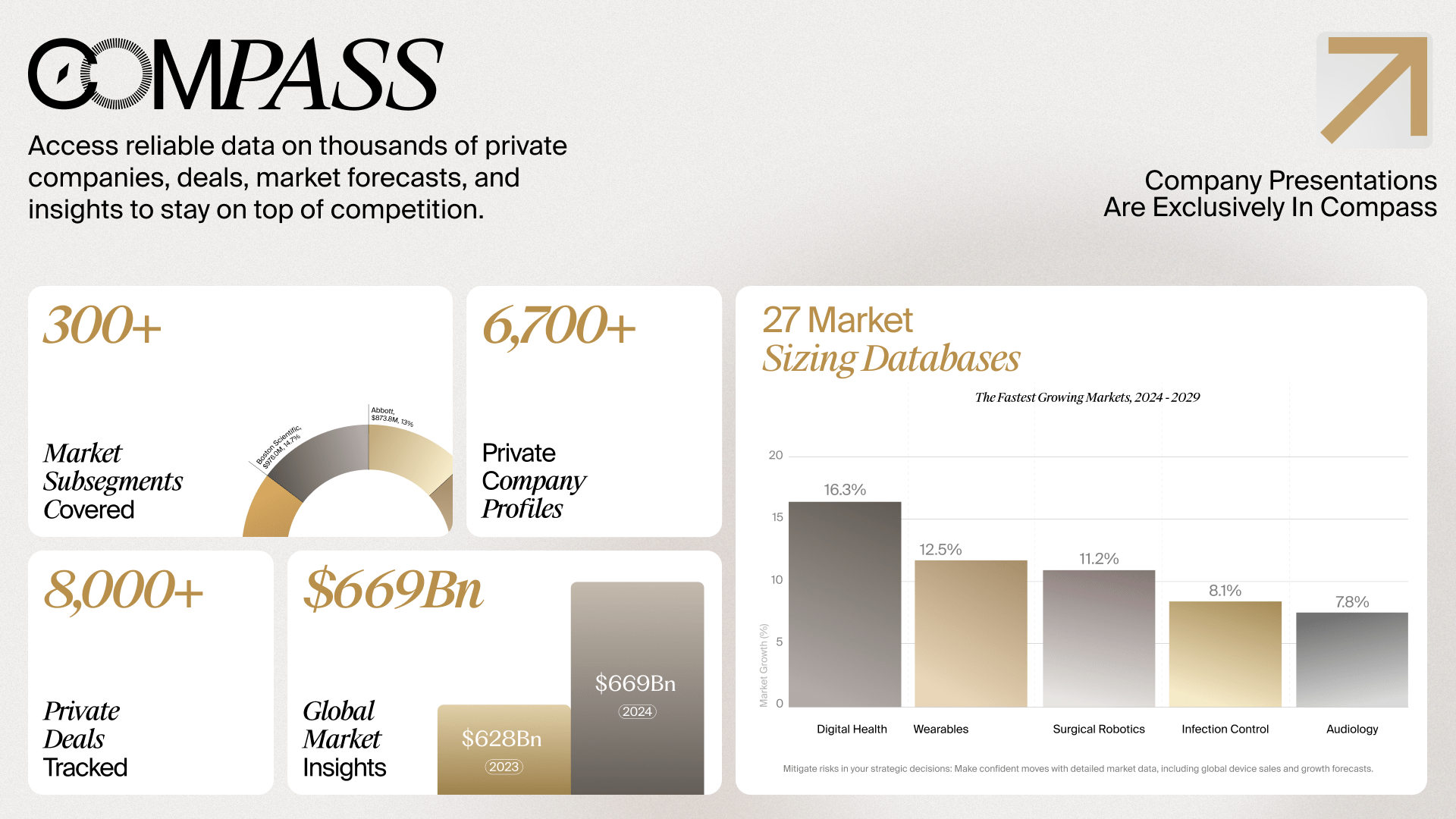- Video Library
- Altoida | Travis Bond, CEO
Altoida | Travis Bond, CEO
shaping the future of
Medtech at LSI USA ‘26
Waldorf Astoria, Monarch Beach

Travis Bond
An award-winning digital health disruptor with over 20 years of experience in building and leading technology and services companies for B2B and B2C healthcare markets. Has built products and services that have impacted the lives of millions of people and have dramatically enhanced both the way organizations do business and how people experience their care.
Travis Bond
An award-winning digital health disruptor with over 20 years of experience in building and leading technology and services companies for B2B and B2C healthcare markets. Has built products and services that have impacted the lives of millions of people and have dramatically enhanced both the way organizations do business and how people experience their care.

17011 Beach Blvd, Suite 500 Huntington Beach, CA 92647
714-847-3540© 2026 Life Science Intelligence, Inc., All Rights Reserved. | Privacy Policy







